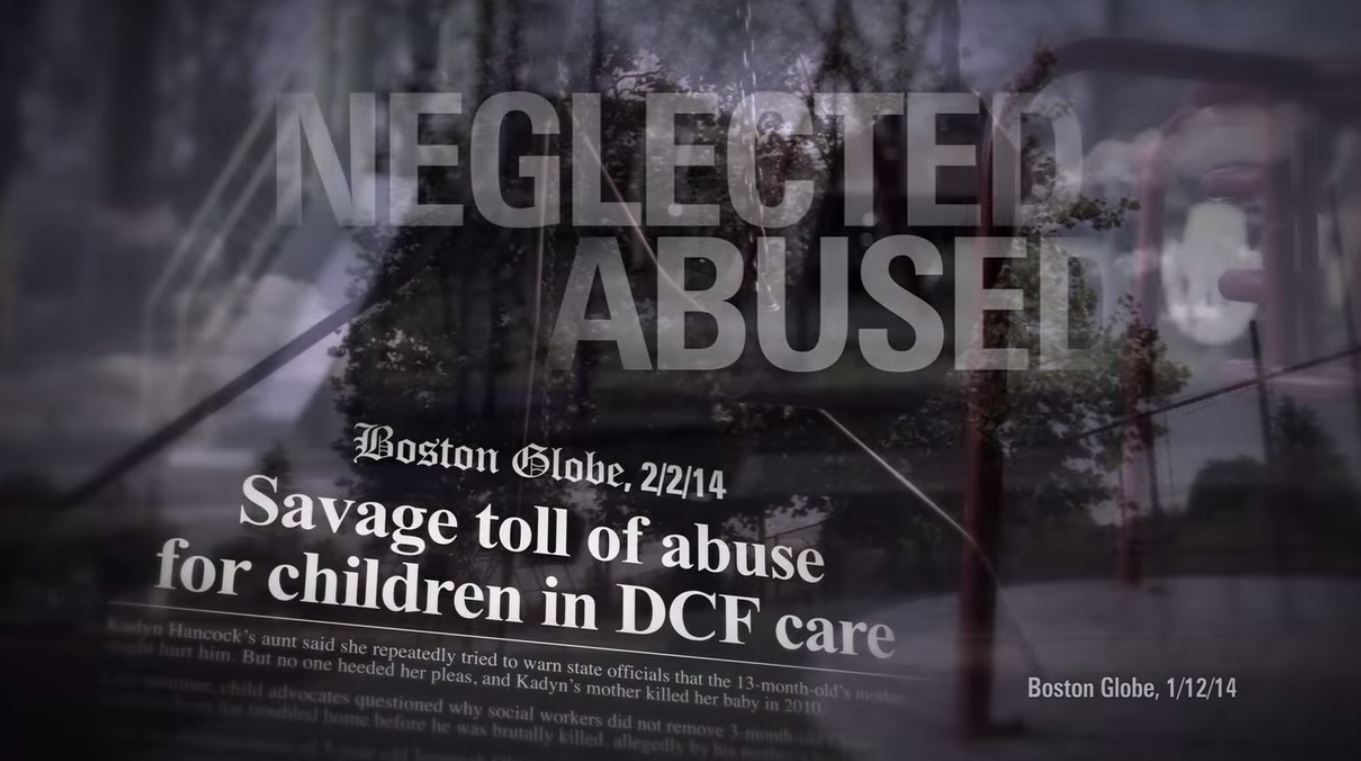
Charlie Baker needs this election to boil down to a personal choice; that is to say a choice between two people, not two policy agendas or governing philosophies. This tricky but necessary tact for Bay State Republicans requires very careful attention to good behavior on the campaign trail. When Baker committed the "sweetheart" gaffe it was a relatively containable slip, but a slip nonetheless. The latest SuperPAC attack ad on Martha Coakley, however, is a bit more complicated.
The ad, which is sponsored in part by the Republican Governors Association, is the kind of over-the-top misdirection that no sane MassGOP nominee would produce or endorse. It flies smack in the face of Baker's efforts to portray himself as a nice guy who cares and distracts voters from the his pitch about executive competence and checking one-party rule on Beacon Hill. Because SuperPACs can't coordinate their efforts with candidates, and because the backers of SuperPACs are not risking their own personal reputations with these ads, this type of overkill attack ad may become more commonplace in the post Citizens United World.
The problem for Baker is that the ad's character attack on Coakley is transparently unfair and intentionally deceitful, which makes it an example of bad character, but not the bad character of its target. His present effort to condemn the tone of the ad while hoping the content sticks may be too cute by half. It may in fact help make the ad an issue "with legs." [For an example of how not to succeed in toeing this thin line, check out Republican hatchet man Jeff Semon trying to defend the ad on WGBH].
If the degree of falsehood and intentionality of this ad remains an issue Baker will be stuck on defense in a character competition. A GOP gubernatorial candidate in bright blue Massachusetts can't afford to be on defense in a character debate because he is constantly on defense in a philosophical, partisan, and policy debate. Bay State Republicans need a powerful character and competence offense to have any hope of keeping their over worked partisan defense off the field.
The beauty of this ad as an issue for Coakley is that it allows her to attack Baker's character AND to connect him to his toxic party label. In her press conference about the ad, Coakley was careful to identify the ad's backers as "national Republican organizations." It also seems to have gotten the usually staid Coakley fired up and given her a more visible platform from which to evince passion, along with knowledge and experience, with regard to important public policy matters.

